|
The Economist recently published Envy at 30,000 Feet - Resentment of first-class passengers may be a cause of air rage. In it, the author reports,
"Passengers in economy class are 3.8 times more likely to become unruly if the plane also contains a first-class section. If those passengers have to walk through first class to get to their seats, their odds of experiencing air rage double again."
That may be true, and it makes sense. Jealousy is ugly, and riding an airplane is getting increasingly uncomfortable. The New York Times recently reported that avoiding the middle seat is more difficult-- and more expensive -- than ever.
But. The Economist article continued, "A study from 2010 found that rising economic well-being doesn’t make the broader population any happier. Instead, an increase in wealth brings happiness only if others aren’t experiencing the same boon. People are more content if their incomes rise relative to their neighbours or colleagues or university classmates. They don’t compare ourselves to our needs; they compare ourselves to the people around them." This isn't completely true. A couple of social science studies make claims about how money doesn't buy happiness -- or even that more money only makes us happier if it makes us richer relative to our peers. But data from a 2012 study by Daniel Sacks, Betsey Stevenson and Justin Wolfers shows that, wherever you live in the world, richer people happier than poorer people:
The important thing to note is that, while other studies look at happiness increases from raising income by the same amount, this graph uses a log-scale, meaning that income is raised by the same percent.
The graph is a bit busy, so let me simplify it for you: all the lines are roughly parallel. Meaning that an X% raise in income will make you roughly the same amount happier, no matter where you live. Moreover, Sacks et al. found that countries with higher GDPs are much happier than countries with lower ones:
Finally, Sacks et al. combined this data to find out how much extra money increases happiness both within and between countries.
Brace yourself:
Once again, this is a lot of data.
Suffice it to say, the arrows show the difference in happiness between rich and poor people within a country. The slope of each arrow indicates how much happier (again, on a log scale) rich people are than poor people. For the most part, the arrows are pretty parallel -- both to each other, and to the between-country wellbeing gradient (the green line). Meaning that rich countries are happier than poor countries… in roughly equal measure to rich people being happier than poor people within a society. This conflicts with the idea of relativity cited by the Economist. We don't just want to be rich relative to those around us. If we just wanted more than our neighbors, immigration would flow from the USA to Mexico, where the same amount of money puts you in a higher social class. Instead, we see the opposite. Immigration patterns pretty much everywhere in the world show that people would rather be poorer members of a richer society, than have a higher social position within a poorer society. Position doesn't matter nearly as much as the Economist suggests. Or, to use another example: if everyone at my high school got a Ford Escape on their 16th birthday, and then one student got a Mercedes, would the student in the Mercedes be happy and everyone else would suddenly be miserable? No.
And don't even get me started on the numerous studies that show correlations between absolute wealth and, say, health and life expectancy.
Let's just talk about the ludicrous claim, "If an airline upgrades all the seats on its planes and makes them considerably more comfortable, passengers might not appreciate the change all that much." Imagine asking a group of passengers, "Would you rather fly on a plane where everyone has a cushy, 19-inch airplane seat with extended legroom... or a plane where you have a stiff, 18-inch seat with reduced legroom, but everyone else has a 17-inch seat?" Do you think a single person would prefer to have the less comfortable seat that was "better" relative to other passengers, but less comfortable overall? I don't. Especially for a longer flight. So what's going on with this data? Well, like I said, jealousy is ugly. And jealously and class resentment certainly seem to be getting more acceptable, common and mainstream. Which is really too bad -- scarcity mindsets are associated with unhappiness. Abundance mindsets are associated with happiness and success.
Another possibility is that there is a correlation between expanding comfort in first class and economy plus... and shrinking comfort in coach.
Which would make some sense. Space on an airplane is a zero-sum game. At the same time, I don't necessarily buy airline consultant Max Rayner's claim that shrinking coach seats and the current shift in pricing models in’t a bad thing. On many airlines now, you basically have to pay not to be in a middle seat -- and that, more than anything else, could be what's causing in-flight drama. Rayner writes, “You can think of it actually as opening up choice... You just want basic transportation — sure, here it is.” But I don't think most people see the middle seat as a "choice." People desperately try to avoid the middle seat. In fact, the NYT article continues, "Fliers said they have offered fellow travelers money or drinks to switch seats, paid the fee to upgrade to a premium or exit row, feigned illness or switched flights. Some travelers even report buying two seats, just to have an empty one next to them." (For what it's worth: it is usually cheaper to buy two coach seats than one first class ticket.) This is all just a long-winded way of saying that some social scientists love to say that money can't buy happiness, but it totally can. Some social scientists love to say that, beyond a certain point, money doesn't make us happier -- but it totally does. And some social scientists claim that money only makes us happier if we get richer relative to our peers, but that is simply not true. *** Want to know more? Check out:
0 Comments
Leave a Reply. |
About the Author

Eva is a content specialist with a passion for play, travel... and a little bit of girl power. Read more >
Want to support The Happy Talent? CLICK HERE!
Or Find me on Patreon!
What's Popular on The Happy Talent:
Trending in Dating and Relationships:
What's Popular in Science: Playfulness and Leisure Skills:
Popular in Psychology and Social Skills:
Categories
All
|
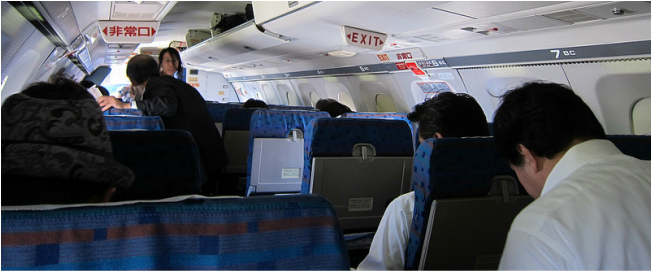
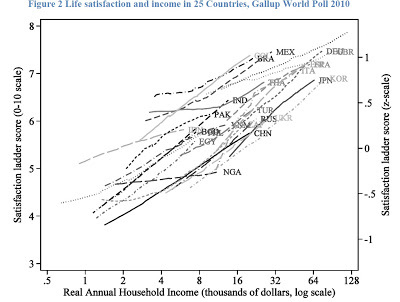
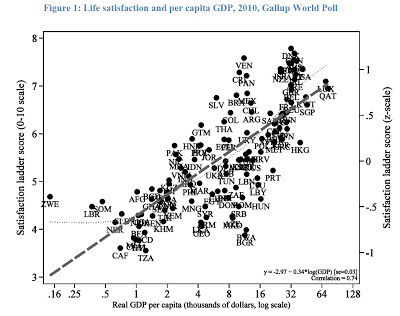
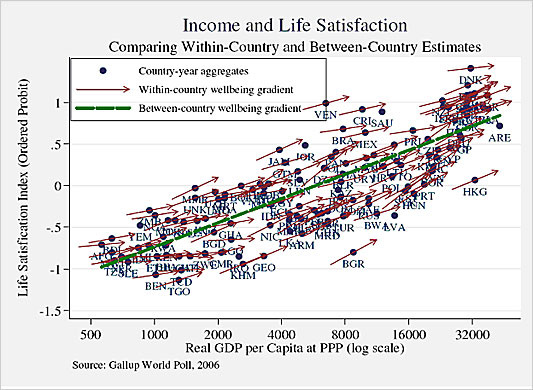

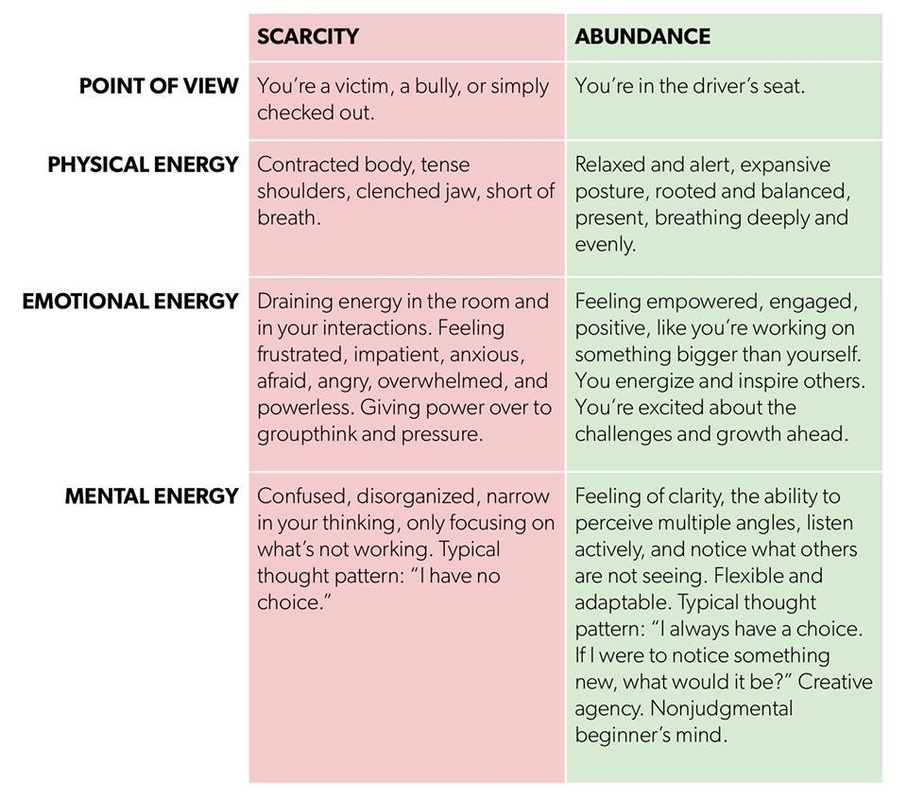

























 RSS Feed
RSS Feed